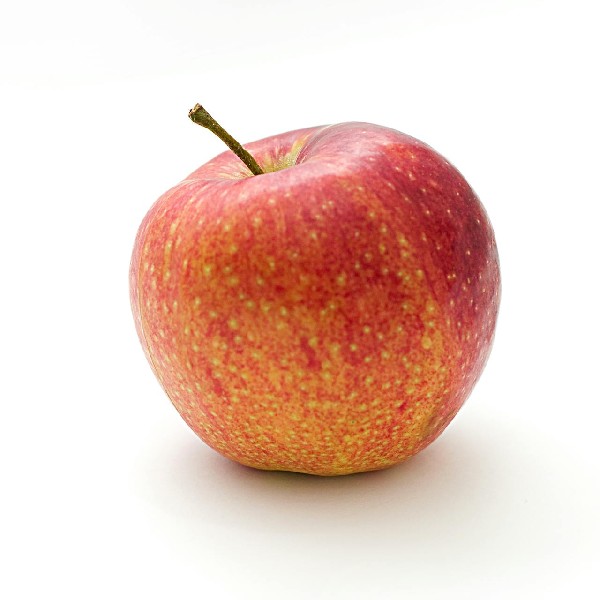A Brief History of Apples:
Apples have a long and storied history that traces back thousands of years. Originating in the mountains of Kazakhstan, apples have been cultivated by humans for over 4,000 years, with evidence of their consumption found in ancient civilizations such as Egypt and Greece. From the legendary apple of Greek mythology to the iconic fruit depicted in countless works of art, apples have left an indelible mark on human culture and imagination.
The Diverse World of Apples:
Today, there are thousands of apple varieties grown around the world, each with its own unique flavor, texture, and appearance. From the tartness of Granny Smith to the sweetness of Honeycrisp, there's an apple variety to suit every palate and culinary need. Whether eaten fresh, baked into pies, or pressed into cider, apples offer endless possibilities for culinary creativity and enjoyment.
Nutritional Powerhouses:
Beyond their delicious flavor, apples are also nutritional powerhouses packed with vitamins, minerals, and antioxidants. Rich in fiber and vitamin C, apples promote digestive health, boost the immune system, and help regulate blood sugar levels. Additionally, apples contain phytonutrients like quercetin and catechin, which have been linked to a reduced risk of chronic diseases such as heart disease and cancer. With their impressive array of health benefits, apples truly live up to the adage, "An apple a day keeps the doctor away."
Culinary Uses and Versatility:
Apples are incredibly versatile in the kitchen, lending their sweet and tangy flavor to a wide range of dishes. From classic apple pie to savory pork chops with apple sauce, apples add depth and complexity to both sweet and savory recipes. They can be baked, sautéed, stewed, or eaten raw, making them a staple ingredient in cuisines around the world. And let's not forget about apple cider, a beloved beverage enjoyed hot or cold, especially during the fall season.
Apples in Sustainable Agriculture:
As consumers become more conscious of the environmental impact of food production, sustainable agriculture practices have become increasingly important in the apple industry. Many apple growers are adopting eco-friendly farming methods, such as organic farming, integrated pest management, and water conservation, to minimize their environmental footprint. By supporting sustainable apple producers, consumers can enjoy their favorite fruit while also supporting the health of the planet.
Conclusion:
From their ancient origins to their modern-day popularity, apples continue to captivate and inspire people around the world. With their diverse flavors, nutritional benefits, and culinary versatility, apples are truly nature's gift to humanity. So whether you're biting into a crisp Fuji apple or sipping on a glass of refreshing apple cider, take a moment to appreciate the wonder and magic of one of nature's finest creations – the apple.












